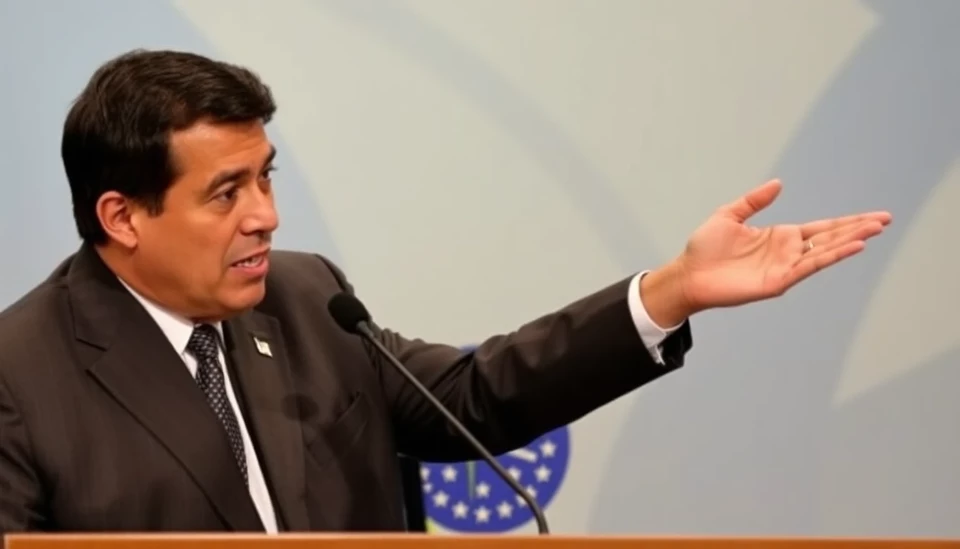
In a strategic move reflecting Brazil's evolving economic landscape, President Luiz Inácio Lula da Silva has appointed three new directors to the Central Bank of Brazil. This decision comes at a time when the country is grappling with rising key interest rates that have implications for both the local economy and broader market sentiments.
The appointments include significant figures in financial and economic management, aiming to bolster the Central Bank's leadership as it faces the critical task of navigating Brazil through its current monetary challenges. Lula's selections resonate with his commitment to prioritizing economic stability and reform, especially in the context of combating inflation and ensuring sustainable economic growth.
As inflation concerns have persisted globally, Brazil has not been spared from this economic pressure. The country’s central bank recently announced increases in the benchmark interest rate, a move aimed at curbing inflation that has been both a domestic and international concern. The new directors are expected to implement policies that address these challenges while balancing growth initiatives.
Among the appointees is a well-respected economist with extensive experience in economic policy, who is viewed as a key player in the Central Bank's drive to stabilize Brazil's economy. Additionally, the newly appointed directors bring a wealth of knowledge and expertise across various domains, including fiscal policy and international finance, which will be crucial in formulating effective monetary strategies moving forward.
This latest development follows President Lula's recurring emphasis on economic reform and transformation to stimulate growth and improve living conditions for Brazilians. With these appointments, Lula seeks not only to enhance the technical capabilities of the Central Bank but also to foster a more collaborative environment among decision-makers in economic policy.
Market analysts are closely monitoring the implications of these appointments, as the effectiveness of the new directors will directly impact investor confidence and Brazil’s economic trajectory. The government's proactive stance in appointing experienced leaders signals a readiness to engage with the complexities of current financial challenges head-on.
As Brazil stands at a crossroads in its economic journey, the appointment of new Central Bank directors amid rising interest rates represents a pivotal step in addressing inflationary pressures—creating an atmosphere of cautious optimism for both domestic and international stakeholders.
In conclusion, President Lula's appointments are not only a strategic maneuver in the governance of Brazil's economy but also a statement about the administration's commitment to effective monetary management in an increasingly volatile global economic climate.
With challenges ahead, the coming months will be crucial as these new leaders take the helm in shaping the policies that will ultimately resonate through the wider Brazilian economy.
#Brazil #CentralBank #Lula #Economy #InterestRates #MonetaryPolicy #EconomicReform
Author: Daniel Foster




